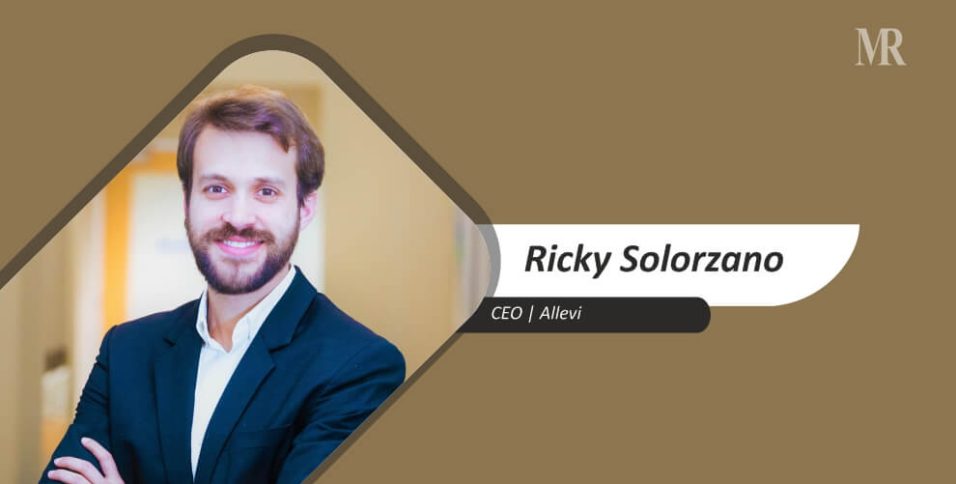Allevi is building tools to design and engineer with life. Our 3D bioprinters and bioinks are used by leading researchers all around the world to find solutions to humanity’s most difficult problems – to cure disease, to test novel drugs, to eliminate the organ waiting list, to build with life.
Founded in 2014, our mission is to make it easy to design and engineer 3D tissues. We created our desktop 3D bioprinters to be the most versatile, powerful and easy-to-use bioprinter on the market. Since our humble beginnings, we have grown to serve hundreds of labs in all corners of the world and have become leaders in the bio fabrication revolution.
At Allevi, the biggest challenge is definitely the symphony of things that need to work together to make the overall solution work. 3D printing is a mixture of robotics, software, and material science. For us we still use robotics, software, and material science, but our added layer of complexity is that we print cells. This is truly where we derive our specialty. We’ve learned a lot in the past to be able to print and pattern cells. The next step is really to get the biology to perform. The way we look to accomplish this is working with biologist around the world and are excited for this next step.
In terms of the 3D printing industry, the globe is moving towards demands of more regional personalized products as well as thoughts around sustainability. In an era where mass manufacturing has become mainstream, new generations are more conscious of where products are bought, who makes them, and how do they benefit not only themselves but their community. I believe we will see 3D printing continue to take a greater and greater role in providing these more regionalized sustainable products for new market demands.
In terms of Allevi, medicine is also driving in a more personalized direction. Informed patients are understanding that tailored medication will drive more efficient and effective results for their treatments. This is particularly true when it comes to either more chronic or cancerous diseases. Therefore, 3D bioprinting will allow physicians to be able to print out patient’s disease tissue to study drugs to understand the personalized prognosis for the patient in a quick fashion. Likewise, physicians will also be able to in the future print personalized medical devices. The future of medicine is personalized and Allevi is excited to be catalyzing this new era.
About the Author:
Ricky Solorzano as the CEO of Allevi guides the vision, strategy, and day to day operation. He has been obsessed with tissue engineering for 8 years, created the first desktop 3D bio printer out of his dorm room, and has been a Forbes 30 under 30, Inc 30 under 30, and Business Insider 100: The Creators #65.





